Stretch your comedic writing muscles and tickle those funny bones

A humorous book — a panacea for many ills — has my firm vote as possibly one of the most challenging and yet most satisfying forms of writing. John Cleese, comic writer, actor and coach, has an interesting tip while telling people how to learn humour writing; he suggests one can ‘Steal your way to success’. In other words, imitate the style of a favourite author as a start to understanding how to write your brand of humour and then put your own stamp on it.
Pondering this advice, I began researching the different styles of humourous writing in books I’ve enjoyed. As I learned, this can fall into two main categories: irony and its variations, which portray something completely differently, and situational humour, which might describe an incident more literally, but highlight reactions and consequences for comic effect.
To better illustrate what I have since gleaned, here is a break down of some of them:
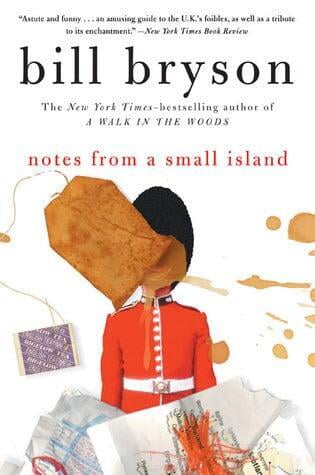
Irony
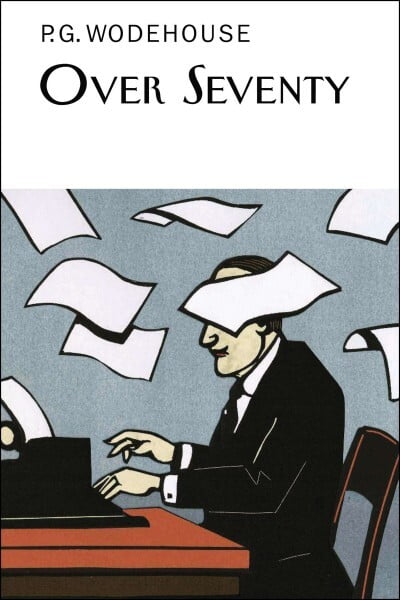
Understatement
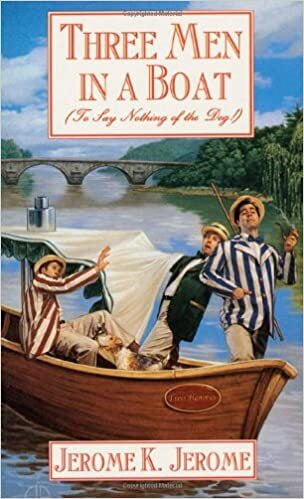
Hyperbole
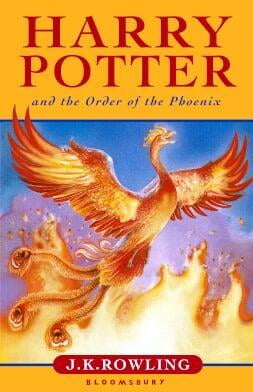
Sarcasm
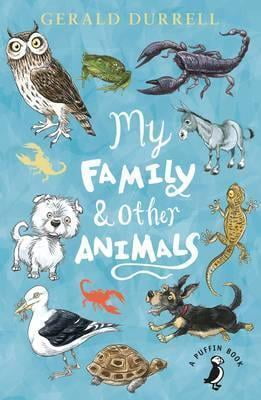
Situational Humour
Conclusion
Karuna Luthar is a freelance writer on anything that catches her imagination. Her motto is ‘Grey hair, grey cells’, signifying her belief that growing older brings with it the enthusiasm to explore old and new delights in every aspect of life. Karuna’s other passion is mentoring social enterprises to improve their impact and effectiveness, an area she has actively participated in throughout her career. She is a long-standing Board Member for the India arm of international NGO Operation Eyesight and previously spent a number of years in the corporate sector, working with international banks and consulting companies.
